CAN CATS HAVE DOWN SYNDROME? HOW TO FIGURE IT OUT?
Can cats have Down syndrome like humans? You may have seen cats having specific a specific look similar to humans with Down syndrome, such as a broad nose or small and unusual ears. Does it mean that means they are affected by Down syndrome?
Although Down syndrome is a congenital disorder that affects humans physically and mentally, cats can get similar disorders resembling it. But they can’t get Down syndrome. Cats can exhibit Down syndrome-like symptoms, such as strange behavior, oddly shaped ears, and eyes wide apart.
Let’s see all the specifics details on what can affect cats.
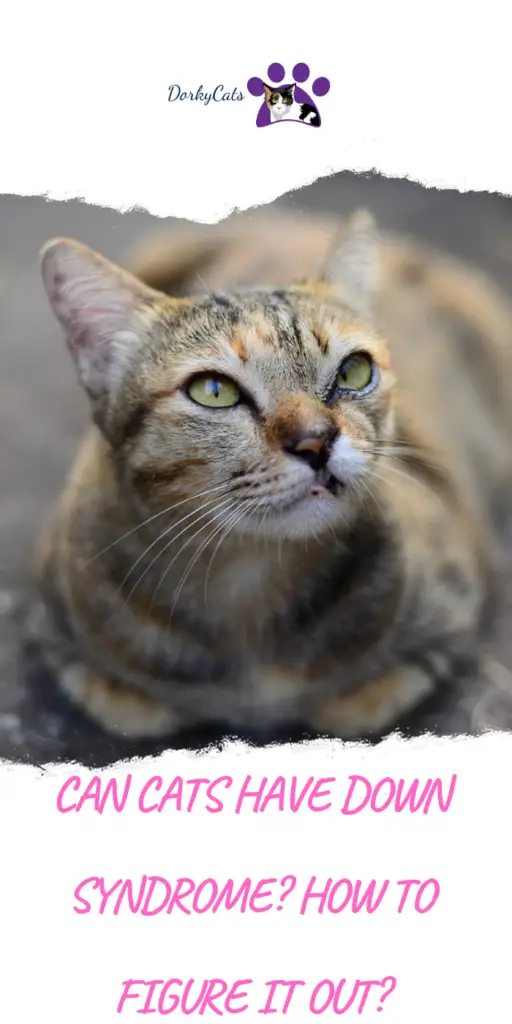
WHAT IS THE DOWN SYNDROME?
Down syndrome in humans is the condition of a person that has an extra chromosome. A chromosome is series of genes in the body that dictate the body’s forms and functions. When one has Down syndrome, it means that a person has an extra copy of one chromosome. It is called chromosome 21.
This chromosome changes how the brain develops, creating a mental and physical problem for the person affected by it. Even though people with Down syndrome seem similar to others, their IQ is lower, and they may speak much slower than others. But those are not the only things. Down syndrome creates other problems too, such as:
- The nose may look flattened, and so the rest of the face
- Short neck
- Hearing loss
- Sleep apnea
- Eye diseases
- Heart defects since birth
- Small ears
- Shorter heights
- Loose joints
- Poor muscle tone
- Almond-shaped eyes
- The tongue may tend to stick to the mouth
- Impulsive behavior
- Judgment problems
- Short attention span
- Slow learning
- Small hands and feet
The list, unfortunately, continues. This is for humans. What about cats? Cats do not have Down syndrome as such. In fact, cats have different genetic and thus a different chromosome number.
But, when cats get a chromosome imbalance, they can get symptoms resembling Down syndrome in humans. Most people called it feline Down syndrome for simplicity.
CAN CATS HAVE DOWN SYNDROME? AND WHAT ARE THE SYMPTOM?
Cats cannot get what we know as Down syndrome, and even veterinarians do not have this term officially amongst the names of cats’ health conditions. However, for ease of speaking, cats that look in a certain way or behave in a certain way are said to have a feline Down syndrome.
The cause for Down syndrome symptoms in cats is always a chromosome imbalance, or a problem with their genes.
How do cats look and behave when affected from Down syndrome symptoms? Here is how they may look:
Cats with abnormalities can have the following problems and look:
- Cats may be smaller than usual
- They can have an upward slant to the eyes
- Broad and flat noses
- Eyes may be set widely apart
- Small or unusual ears
- Low muscle tone
- Problems with walking
- Problems with elimination (urination or defecation)
- Hearing or vision loss
- Heart problems
- Saddened looking face
- Eyes are widely spaced on the face
- Hearing loss
There are some instances that can cause cats to behave as effected from a feline Down syndrome, for example if they get an infection or other illnesses. Therefore, whatever is the circumstance is always necessary to bring the cat to the vet and have him establish the reasons for the condition.
WHAT CAUSE FELINE DOWN SYNDROME?
The most common cause is genetic abnormalities, but those are not the only instances. A cat can get sick or get a trauma that can cause them to behave and look like feline Down syndrome.
Here are some things that can create this situation:
- Feline panleukopenia (FP) – caused by a virus
- Cerebellar hypoplasia – It can be caused by congenital syndromes, metabolic disorders, and neurodegenerative disorders
- Cats exposed to toxins can transmit congenital malformations to their kittens.
- Significant trauma can damage a cat’s cognitive functions and create neurological problems.
- Mating within the same family can generate congenital disabilities in newborn kittens. For example, male and female cats from the same litter produce kittens (technically brother and sister cat). The new kittens have higher chances of getting genetic abnormalities.
- Intense trauma can create Down syndrome symptoms in cats.
Let’s make sure that cats are seen by the vet because they can figure out why they have Down syndrome symptoms and figure out medications and treatments needed.
HOW TO CARE FOR CATS WITH FELINE DOWN SYNDROME
Cats affected by feline Down syndrome need extra care and affection. Some of them may have problems moving or jumping or may need extra help to use the litter box. Whatever the situation, they need a family that can take care of cats with special needs and has a lot of patients.
Here are some good advice to take care of a cat with Down syndrome symptoms:
1.VISIT THE VET
The first step is always to visit the vet and figure out the reasons for your cat’s symptoms. Based on the results, the vet can give you guidelines to follow and treatments. If it is a genetic abnormality, there is little to do, but the vet may be able to still come up with medicines and a plan to make your cat’s living conditions better.
2.MAKE YOUR HOME READY
Often cats with feline Down syndrome can’t jump and run like other cats, or they can’t walk well. For example, you could provide cat ramps or pet stairs to help them reach come on the bed or couch. Or you could make sure the litter box doesn’t have too high borders to make it easy for your cat to get in it.
If there are other pets, you want to make sure that they do not play rough with your cat and make water and food easy to get to. If the vet provided a specific diet, you have to make sure that other cats in the house let him eat his food.
There are many details to take care of to make the environment safe. Look carefully around the house for possible dangers and sources of trouble for your kitty.
3.CLOSELY SUPERVISE
A cat with Down syndrome symptoms need to be supervised closely and even trained to certain routines so they do not get in trouble. Some of them they may need routine help to do even simple things.
4.LOVE AND AFFECTION
Above everything, a pet owner who needs to take care of a special needs cat has to have a lot of patience and love. Special need cats can still be very rewarding and affectionate, often they have some physical problem, or they are slower than other cats.
But because of this, they need your help, and they will give you even more affection in exchange for your love.
RELATED QUESTIONS
Here are some related questions and answers:
- Can pets have Down syndrome?
Down syndrome is specifically a human condition. It is not associated with cats, dogs, or other pets, even though pets can develop genetic problems or abnormalities that resemble Down syndrome in humans.
- Can cats have mental disabilities?
Cats can have mental disorders and disabilities created from intense traumas or genetic problems. Sometimes cats develop an obsessive and compulsive disorder, excessive aggressiveness, over-grooming, and other non-optimum behaviors. Typically, stressed cats could develop behavioral issues.
- Can cats be autistic?
Similarly to the Down syndrome, autism is a condition associated with humans, it is not a condition associated with cats or other pets. However, there are special needs cats who have neurological problems, or genetics defects that makes them looking like autistics.
CONCLUSION
I hope you can find some good advice on how to take care of your cat if he has Down syndrome symptoms. If you want to add anything or ask a question, leave it in the comments below.

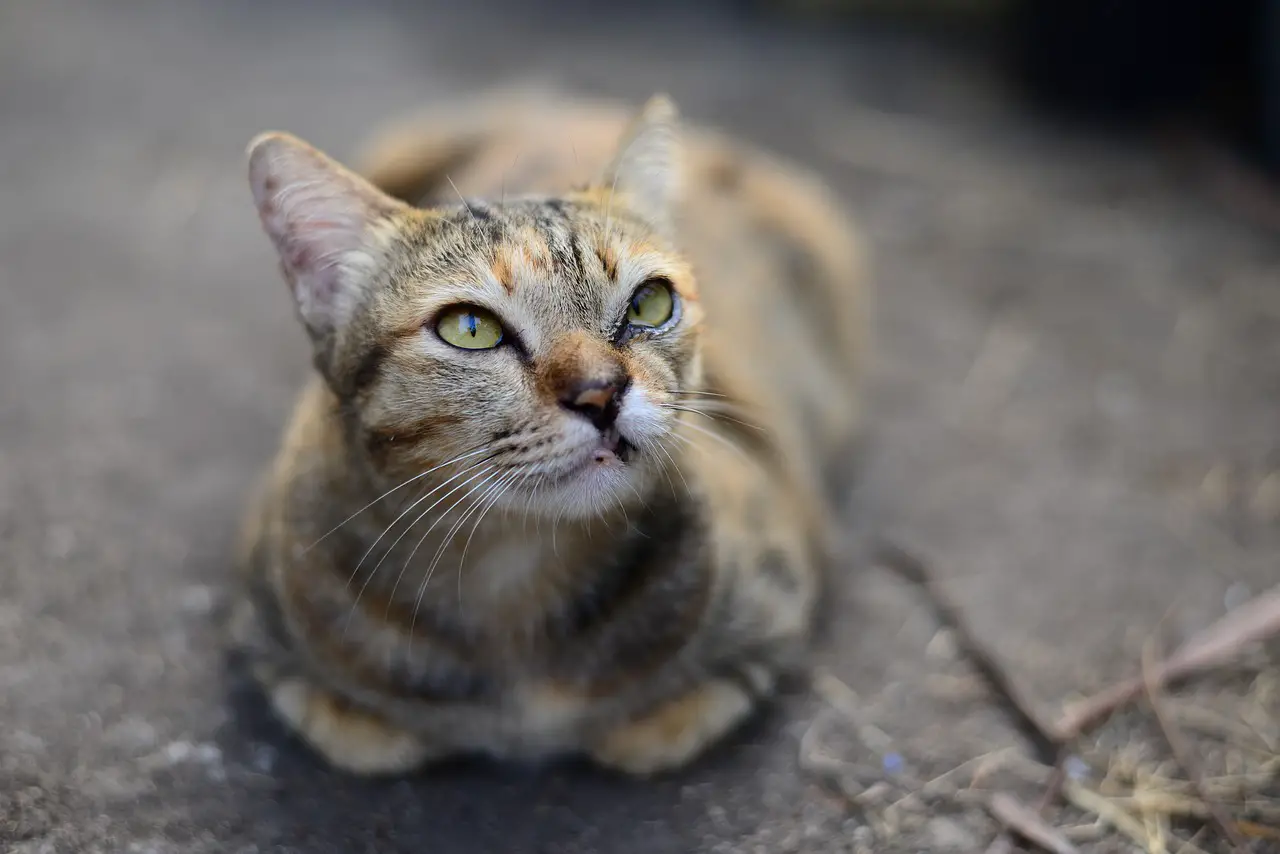
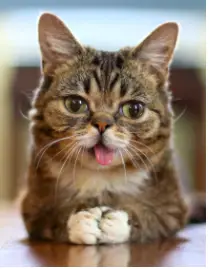
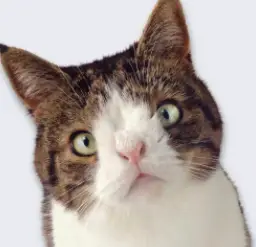
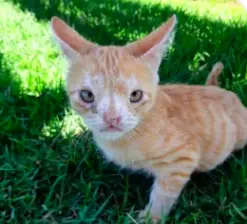
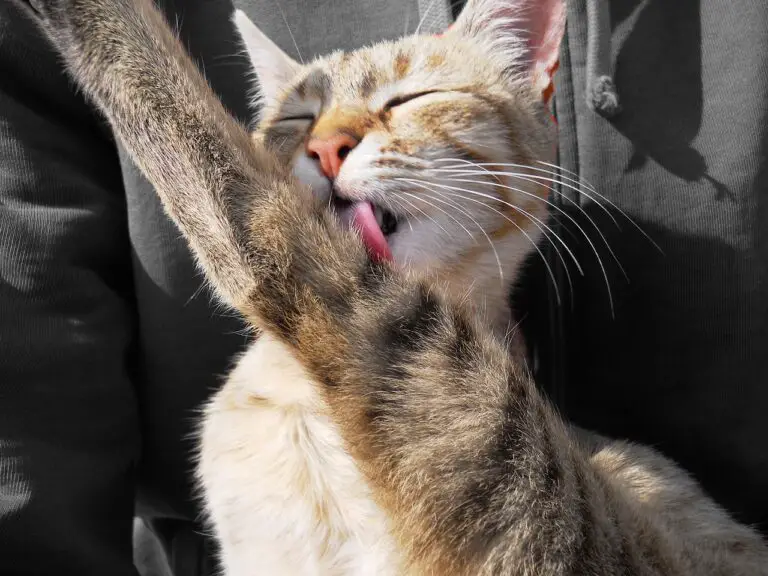
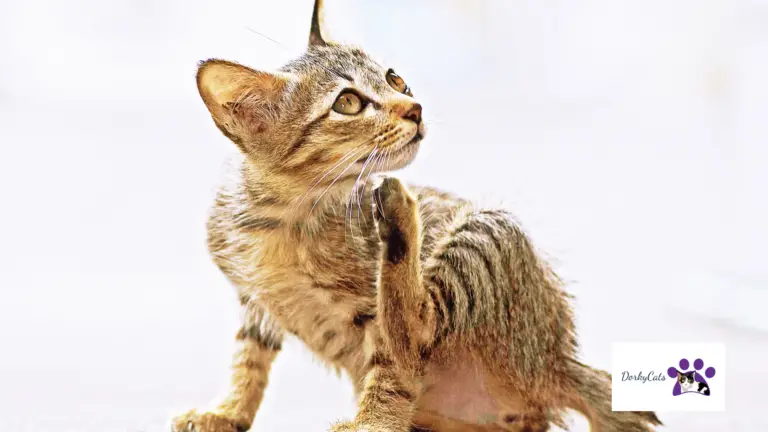
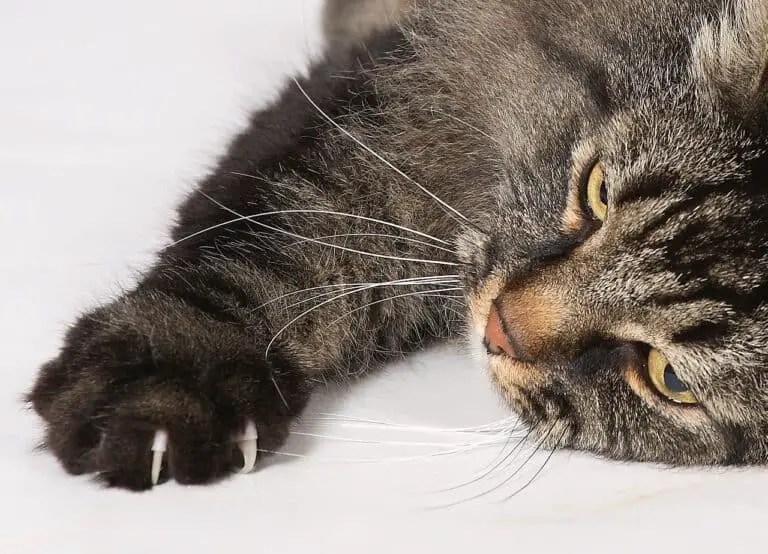
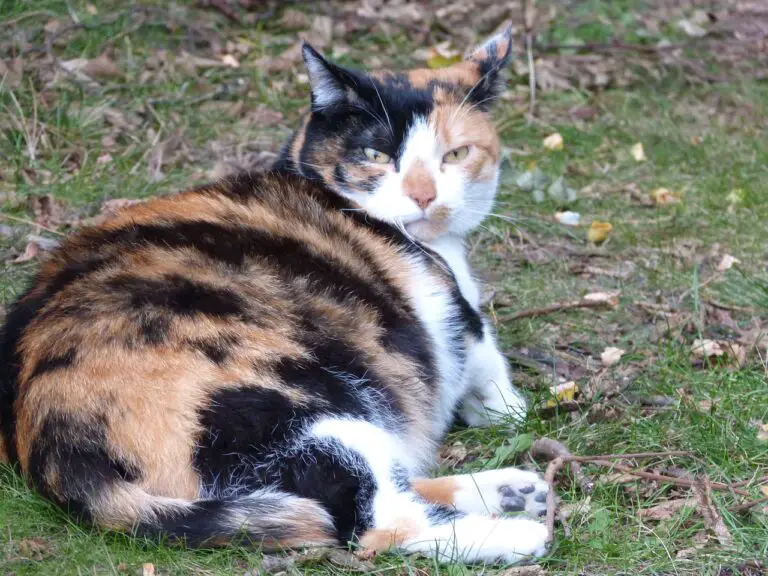
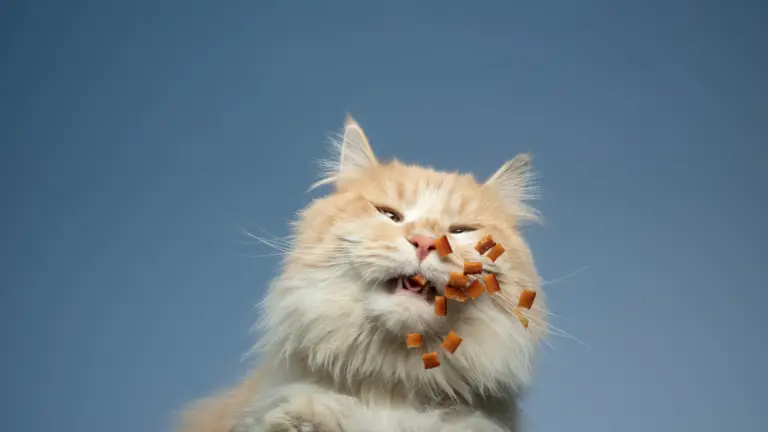
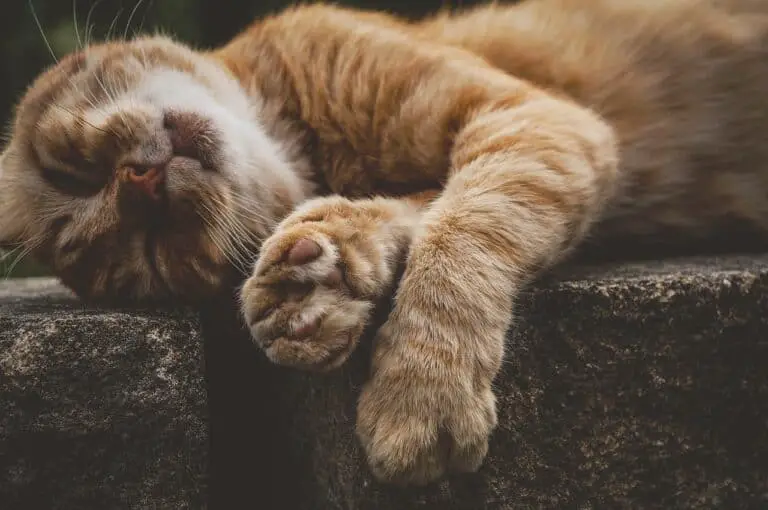

Good Morning everyone , can anyone recommend where I can buy Pure Pet?